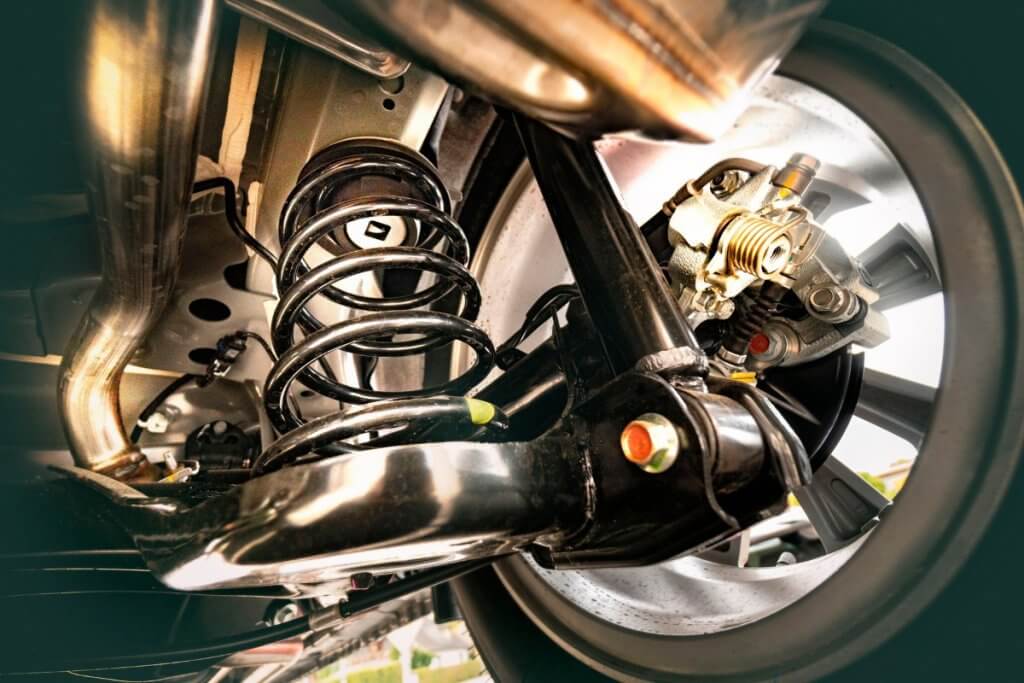Suspension Repair & Service in Dubai
Precision Handling, Comfort, and Safety – Restored at Max Garage
Your car’s suspension system plays a critical role in ride comfort, road handling, braking stability, and tyre life. Over time, Dubai’s road conditions, speed humps, heat, and daily driving stress can wear out suspension components, leading to poor handling, vibrations, uneven tyre wear, and reduced safety.
At Max Garage, we provide professional suspension repair and suspension service in Dubai, using advanced diagnostics and high-quality parts to restore your vehicle’s original driving feel and stability.
What Does the Suspension System Do?
The suspension system absorbs road shocks, keeps tyres firmly in contact with the road, and maintains correct vehicle height and alignment. A healthy suspension ensures:
Stable cornering and braking
Comfortable ride quality
Even tyre wear
Better steering response and control
When suspension components wear out, the car may feel bouncy, unstable, or uncomfortable to drive.

Common Signs You Need Suspension Repair
If you notice any of the following, it’s time for a suspension inspection:
Knocking, clunking, or squeaking noises over bumps
Excessive bouncing after hitting a speed hump
Car pulling to one side while driving
Uneven or rapid tyre wear
Steering wheel vibration or poor handling
Vehicle sitting lower on one side
Ignoring these symptoms can lead to higher repair costs and unsafe driving conditions.
Our Suspension Repair Services
At Max Garage, we offer complete suspension diagnostics and repair, including:
Shock absorber and strut replacement
Control arm and bushing replacement
Ball joint and stabilizer link repair
Coil spring replacement
Suspension noise diagnosis
Ride height and suspension alignment checks
We work on Japanese, German, British, American, and European vehicles, using OEM or high-quality aftermarket parts based on your preference and budget.

Why Suspension Repair Is Important
Driving with worn suspension components affects more than comfort—it impacts safety. Faulty suspension increases stopping distance, reduces tyre grip, and puts extra stress on steering and braking systems. Proper suspension repair:
Improves road grip and braking efficiency
Protects tyres from premature wear
Restores smooth, confident handling
Enhances overall driving safety
Why Choose Max Garage for Suspension Repair?
Experienced technicians with brand-specific expertise
Advanced suspension diagnostic tools
Transparent inspection reports and pricing
High-quality parts with warranty options
Trusted garage in Al Quoz, Dubai
We don’t just replace parts—we diagnose the root cause to ensure long-lasting results.
Book a Suspension Check Today
If your car feels unstable, uncomfortable, or noisy over bumps, don’t wait. A timely suspension repair can save money and prevent further damage.
Max Garage – Restoring comfort, control, and confidence to every drive.
